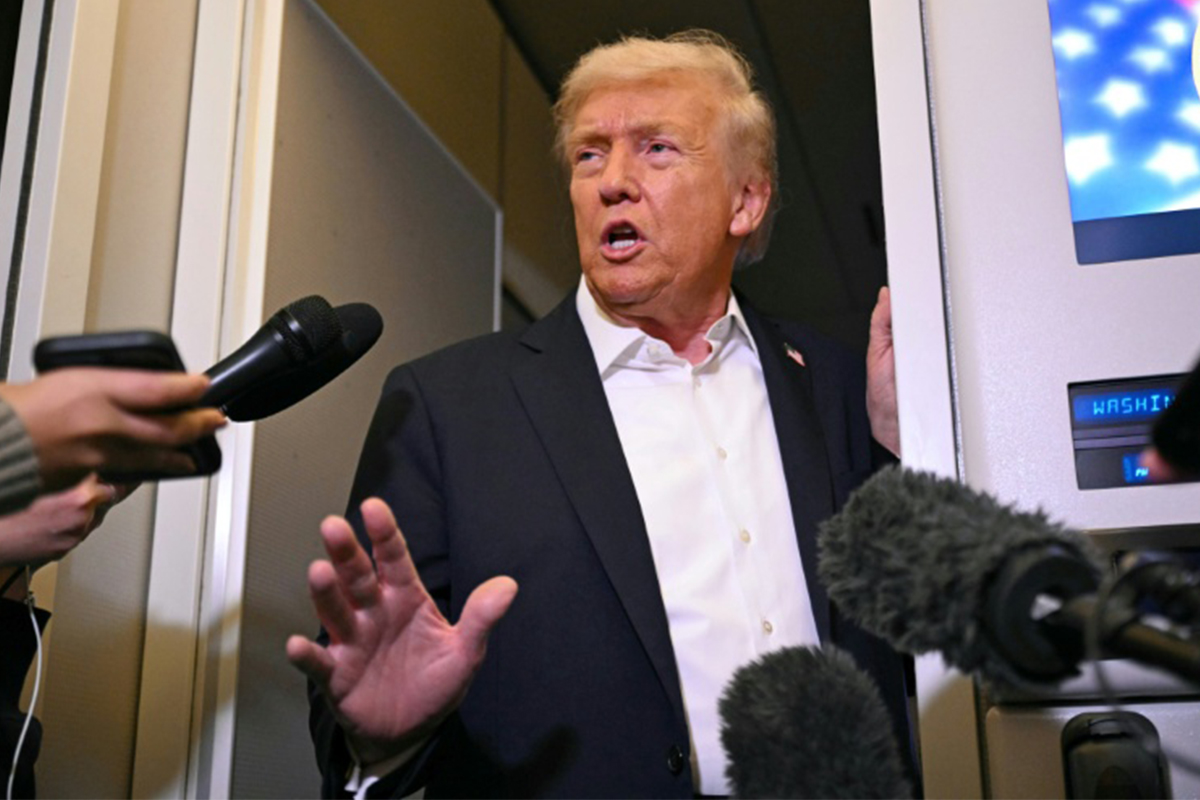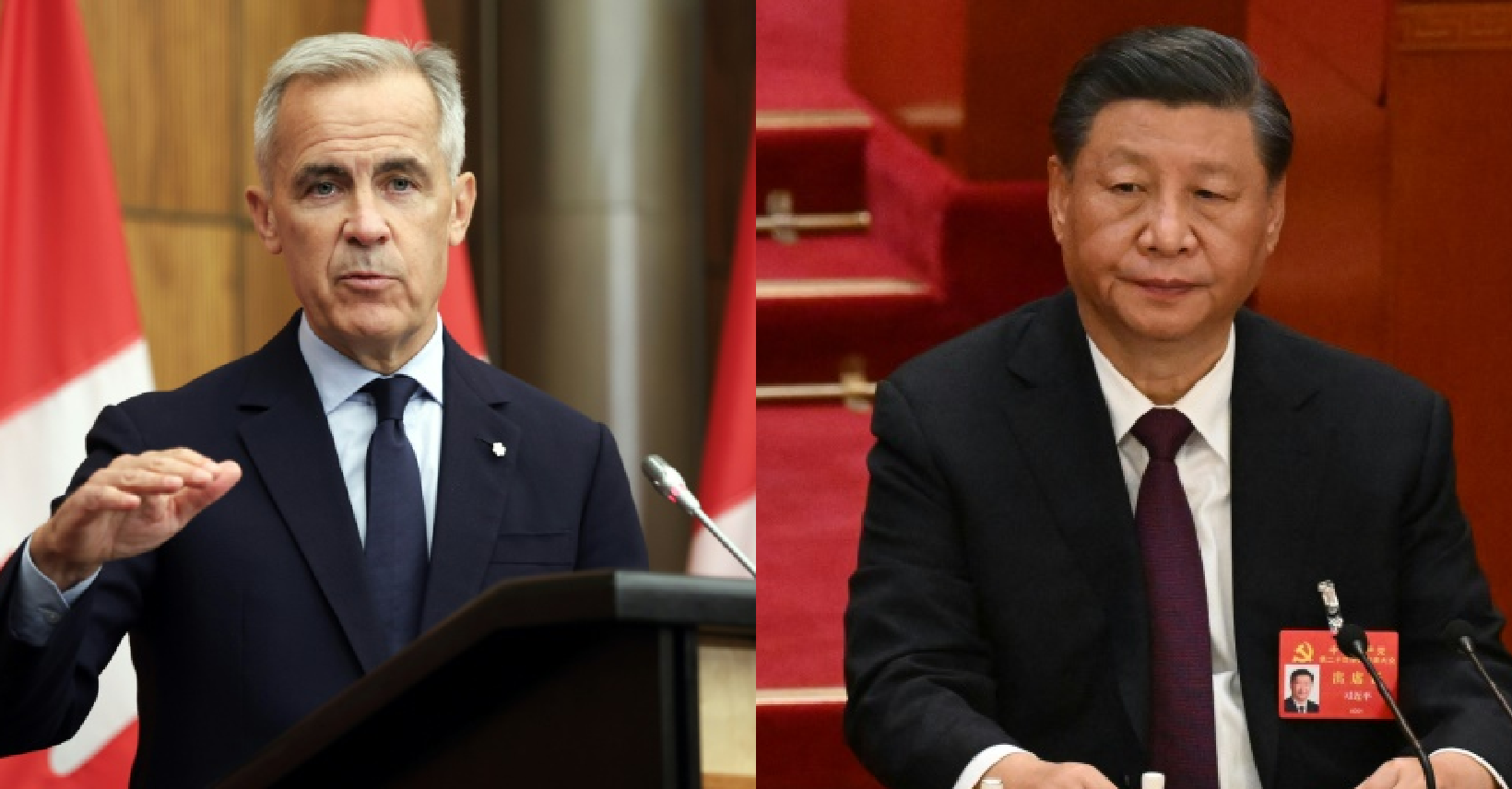Italian Prime Minister Giorgia Meloni presented a constitutional reform bill Friday that would allow voters to directly elect the premier, a move designed to curb chronic political instability.
Meloni’s right-wing government, which has been in office for a year, is Italy’s seventh in the past decade — a fact the premier said should justify the change in the constitution.
“This is the mother of all reforms,” Meloni told journalists after a cabinet meeting introducing the bill, which would fix the office of prime minister at five years and increase its power to govern.
That would favour “the stability of the government and (its) political direction”, said a statement.
Currently, Italian voters choose party lists, with the head of government — who does not necessarily need to be a politician — then chosen according to results and parliamentary alliances.
The government also wants the list linked to the prime minister to be assured of at least 55 percent of seats in parliament “so as to ensure governability”.
Should the prime minister need to be replaced, in case of sickness or death, for example, he or she could only be replaced by a parliamentarian from the majority, and “only for the purpose of continuing the implementation of the same government programme,” said the statement.
Meanwhile if the elected prime minister receives two consecutive votes of no confidence in parliament, the body will be dissolved and new elections organised.
The automatic dissolution of parliament could curtail the powers of Italy’s president — a largely ceremonial figure who nevertheless intervenes in times of crisis — who currently has the power to appoint a candidate as prime minister or dissolve parliament.
Meloni’s reform would also curb the possibility of a technocrat like Mario Draghi being appointed premier in times of difficulty, as the ex-head of the European Central Bank did from February 2021 to October 2022 following the collapse of the previous government.
The bill’s success is far from assured as a change to the constitution requires a two-thirds majority by both houses of parliament, or passage by a referendum.
Italy’s ruling coalition led by Meloni does not enjoy a two-thirds majority.
Franco Pavoncello, a political scientist and president of Rome’s John Cabot University, said he would not be surprised if any referendum failed.
“I don’t think that depriving the president of the republic of his powers is very appealing,” he told AFP.
“It’s a bit like the government blackmailing parliament,” he said, noting that parliamentarians would be encouraged to cast a confidence vote for the prime minister because otherwise “they’re all going home”, he said.
The opposition has cast the reform as a distraction technique against the 2024 draft budget with austerity measures that belie the election promises of the coalition.
The leader of the left-leaning Democratic Party in the lower house of parliament, Chiara Braga, told AFP that the reform was a move “to divide the country and undermine the foundations of our coexistence.”
The bill, Braga said, is “a botched reform that undermines the model of parliamentary government, severely limits the powers of the President of the Republic and debases the prerogatives and role of Parliament.”







